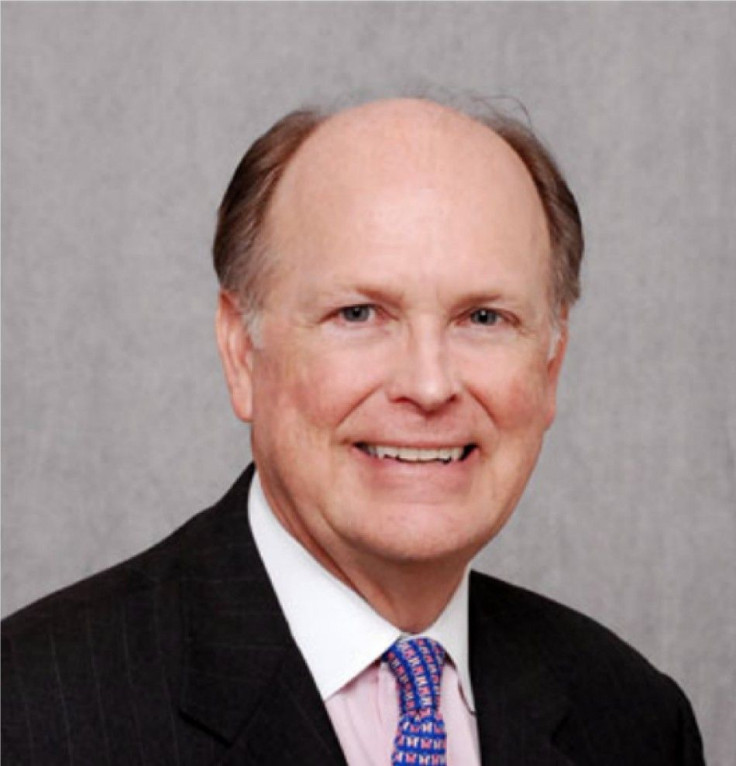2011: The Year of Monetary Exits?

The biggest economies in the world may begin to meaningfully exit from ultra-loose monetary policies in 2011. For the forex market, the expected schedule of exits may dominate currency movements this year.
The market first began to speculate about the Bank of England’s (BOE) possible exit because UK inflation has remained above the BOE’s target of 2 percent for over a year. Currently, it’s more than double the inflation target.
BOE Governor Mervyn King attributes the high inflation to (what he claims to be) temporary factors like pound sterling weakness, rising commodities prices, and the increase in the value-added-tax (VAT). However, several members of the policy rate board don’t agree with King and have already voted for an interest rate hike. If inflation persists, these members may outvote King at some point in 2011.
The market began to expect an imminent interest rate hike from the European Central Bank (ECB) after President Jean-Claude Trichet explicitly said that the ECB was vigilant about the threat of inflation and could raise rates in the next rate policy meeting on April 7.
Before Trichet’s comment, the market didn’t expect the ECB to be eager to raise rates because inflation pressure in the euro zone isn’t that great (although above the 2 percent target) and periphery woes would be exacerbated if interest rates were raised.
However, the ECB has proved to be more hawkish than the market previously expected and will probably raise rates before the BOE and the Federal Reserve.
Many didn’t expect the Federal Reserve to talk about raising interest rates at all in 2011.
However, last Friday, Philadelphia Federal Reserve Chief Charles Plosser (currently a voting member of the FOMC) gave a speech titled “Exit.” He laid out an ambitious scenario of the Federal Reserve raising interest rates to 2.50 percent (from the current rate of 0.25 percent) in a 12-month period. In response to his comments, the dollar surged.
In 2011, expectations of interest rate hikes have sparked sharp rallies among currencies; the euro jumped on Trichet’s hawkish comments and the pound sterling rose on data showing accelerating inflation.
Conversely, developments that dampen the expectation of rate hikes also trigger sell-offs. For example, the pound sterling plunged after the latest policy meeting minutes showed that fewer members than expected voted for a rate hike.
Similarly, the euro can fall sharply if the ECB doesn’t follow through with their expected rate hike in the April meeting. The dollar can decline if other Federal Reserve officials come out against a rate hike or even in favor of more quantitative easing.
Participants in the currency markets will likely keep a close eye for any development in monetary policy expectations going forward.
Central bankers’ talks of rate hikes, however, may turn out to be entirely irrelevant if the economy proves them wrong.
Back on Feb. 10, 2010, on the back of strong US economic recovery, Federal Reserve Chairman Ben Bernanke gave a speech titled “Federal Reserve's exit strategy.” As the US economy deteriorated later in the year, the Federal Reserve, instead of exiting from monetary stimulus, actually rolled out a second round of quantitative easing.
Email Hao Li at hao.li@ibtimes.com
Click here to follow the IBTIMES Global Markets page on Facebook
Click here to read recent articles by Hao Li
© Copyright IBTimes 2024. All rights reserved.











